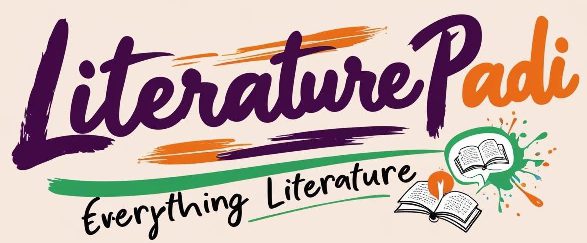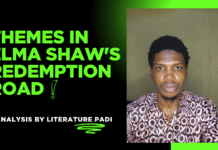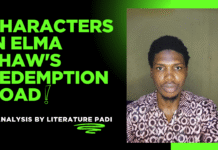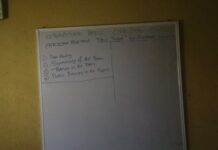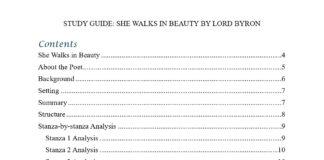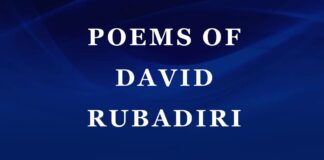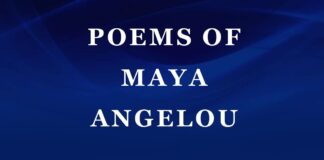Quality UTME Lessons for Art Students
Individual and group classes • Student-friendly rates
📞 Contact Ayomiposi on WhatsApp now
What is an Epic?
An epic is a long narrative poem composed on a grand scale, often divided into multiple books or volumes. It celebrates the heroic deeds of a great national, historical, or legendary figure. Epics are often written in elevated language and reflect the ideals, values, and destiny of a people or race.
In essence, the epic tells the story of a heroic character—or a group of heroes—whose actions shape or mirror the cultural and moral fabric of their society. These poems are not just stories; they are monumental reflections of national pride, myth, and identity.
Types of Epic Poetry
There are two major types of epics:
1. Primary Epic (Folk Epic)
These are traditional epics that originate from the oral traditions of a people. They were passed down through generations before being written down. Examples include:
- Homer’s Iliad and Odyssey (Greek)
- Beowulf (Anglo-Saxon)
- Mahabharata (Indian)
- The Chanson de Roland (French)
- El Cid (Spanish)

2. Secondary Epic (Art Epic)
These are literary compositions by known authors who model their works after the primary epic. They are written with literary artistry and sophistication. Examples include:
- Virgil’s Aeneid
- John Milton’s Paradise Lost
Characteristics of an Epic Poem
Whether folk or literary, all epics share certain core characteristics and stylistic conventions:
- Invocation of the Muse: The poet begins by stating the theme and calling upon a divine muse for inspiration and guidance.
- In Medias Res: The narrative starts in the middle of things, rather than at the beginning of the story.
- Supernatural Elements: The plot often includes gods, demons, or mythical creatures that influence the action.
- Vast Setting: The events span a broad geographical and temporal scope. They often cover nations or even the known world.
- Heroic Protagonist: The central figure is of noble birth or legendary status, performing feats of superhuman strength or wisdom.
- Elevated Style: The language is formal, grand, and serious, often alternating between high and simple tones.
- Formal Speeches: Key characters deliver lengthy and elaborate speeches.
- Unified Structure: All episodes are interwoven into a seamless narrative that supports the central story.
- Epic Similes and Catalogues: The poet uses extended comparisons and lists of warriors, armies, or weapons to enhance dramatic effect.
Other Works with Epic Qualities
Although not classified strictly as epics, many works in both poetry and prose are epic in spirit due to their grandeur in scope and style. These include:
- The Divine Comedy by Dante Alighieri
- The Faerie Queene by Edmund Spenser
- Moby Dick by Herman Melville
- War and Peace by Leo Tolstoy
- The Cantos by Ezra Pound
- Sundiata: An Epic of Old Mali by D.T. Niane
Final Thoughts
The epic poem is one of the most influential literary forms. It not only entertains but also educates, preserves cultural memory, and explores the values of heroism, duty, and destiny. It shapes how we understand history, mythology, and identity.
Receive Literary Updates through our Social Media Channels:
- WhatsApp: Literature PADI
- Telegram: Literature PADI
- YouTube: @literaturepadi
- Facebook: Literature PADI
